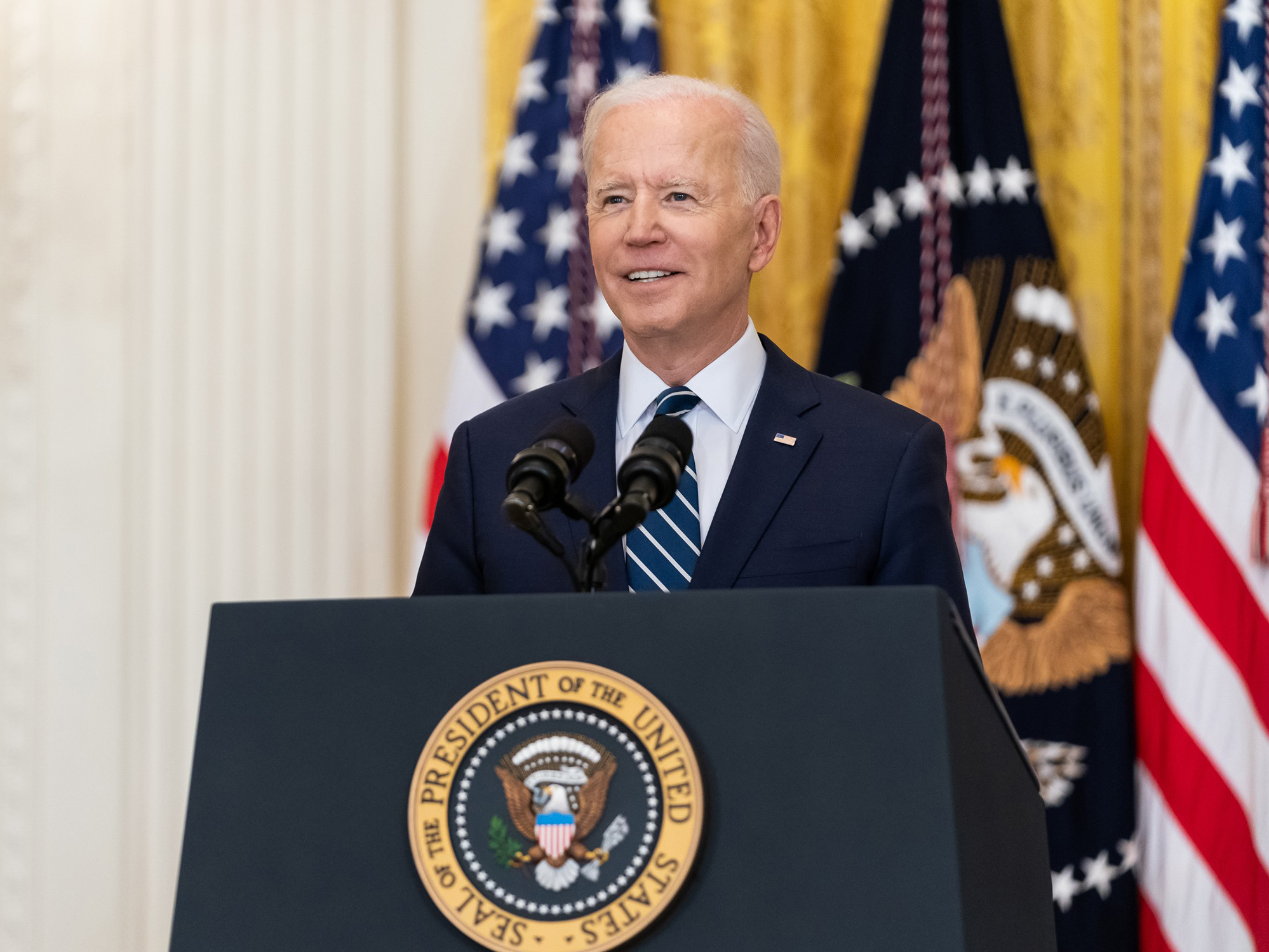
On Feb. 11, President Biden announced his plan to claim $7 billion worth of frozen assets from Afghanistan’s central bank. In a “fact sheet” released last week, the White House outlined President Biden’s “Executive Order to Preserve Certain Afghanistan Central Bank Assets for the People of Afghanistan.” President Biden plans to split half of these funds for compensation to families of 9/11 victims, and to use the other $3.5 billion for humanitarian aid in Afghanistan. The assets, which have been frozen in the United States since August of last year, were assets held by Afghanistan in U.S. banks. This decision to steal from Afghanistan, rather than offer aid for the 20 years of devastation caused by the United States, is an incomprehensible act of cruelty that will lead to a humanitarian crisis in Afghanistan.
Afghanistan has a long history of being taken advantage by foreign powers, and subsequently being thrust into poverty. According to data collected by the World Bank, Afghanistan remains one of the world’s poorest countries, with recent data from 2020 placing it within the top 10 poorest. This status is largely due to the constant conflict that the country has been subjected to for hundreds of years and massive foreign-led wars in the last couple decades. In the modern era, Afghanistan faced a Soviet invasion starting in 1979, which lasted until a peace treaty was signed in 1989. In the coming years leading up to 9/11, Afghanistan remained in internal conflict. Of course, after the 9/11 attacks, the United States embarked upon the 20-year-long war in Afghanistan with an original goal of taking out Al-Qaeda and Osama Bin Laden. Barely 10 years into the war, U.S. Navy SEALS had killed the terrorist leader, and Al-Qaeda was not the threat that it once was. Instead of leaving the country, inexplicably, U.S. forces remained for another 10 years. By December 2010, only 35% of Americans supported the war effort. By the time the United States finally left the country in 2021, just 29% of Americans opposed the withdrawal.
Extracting $7 billion from Afghanistan is a “gut punch,” especially following the United States claiming to separate itself from the country with last year’s withdrawal. Opinions will vary on whether the withdrawal was done effectively, and there is certainly a reasonable debate to be had about that. Critics of the withdrawal argue that it was sloppy and that the deaths of 13 U.S. service members could have been avoided. However, it’s important to put this into perspective. Given the sheer number of troops that the United States had to evacuate from the country and the lack of intel regarding Taliban power, it’s a wonder that it went as well as it did. Even if the withdrawal had issues, 12 deaths pale to the 240,000 afghans who died over the 20-year conflict. Of those 240,000, an estimated 71,000 were innocent civilians who were unfortunate enough to have been born an Afghan or Pakistani. Destruction in Afghanistan wasn’t just limited to human casualties either. In 2020, 47% of the country remained in poverty, and the United Nations Development Programme warns that 97% of Afghans could plunge into poverty sometime this year without aid. War has a heavy toll — especially 20-year-long wars.
In order to compensate for the devastation caused by the United States, the government should work to rebuild infrastructure and avoid the lurking humanitarian crisis. Instead of helping to solve the problem, the United States chose to steal $7 billion from Afghanistan. These funds make little difference for a country like the U.S., which has a total GDP of over $20 trillion. In comparison, $7 billion is roughly 35% of Afghanistan’s total GDP. The White House claims said that $3.5 billion “would remain in the United States” for victims of terrorism, and more specifically, families of 9/11 victims. In a country with a GDP of over $1 trillion, the U.S. government should have pulled these funds from elsewhere, especially not from a country that had nothing to do with the 9/11 attacks. All of the 9/11 pilots were from four different countries — none of them from Afghanistan. Fifteen of the 19 terrorists were from Saudia Arabia, which remains a top U.S. ally. If the United States is willing to turn a blind eye with the country that directly financed 9/11, it has no excuse to act as harshly as it has with Afghanistan.
It’s disturbing that the United States thinks that millions of Afghans should suffer for an attack that they had nothing to do with. The White House claims that the other $3.5 billion will be vaguely spent “for the benefit of the Afghan people and for Afghanistan’s future.” Aside from the fact that the U.S. is only returning at most half of what it stole, these funds will be distributed through a trust fund rather than simply returning it to the Afghan government, which would be the most efficient way to do so. If the United States wants to see itself as a humane nation, it cannot continue to loot helpless countries like Afghanistan.







